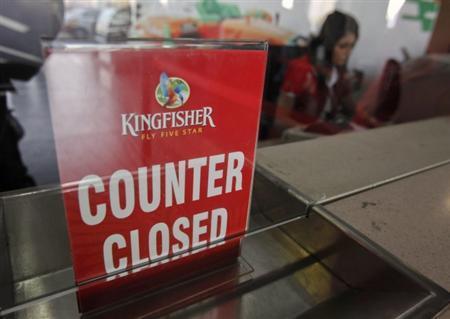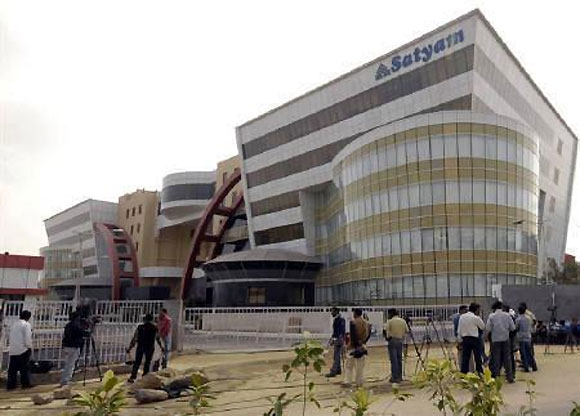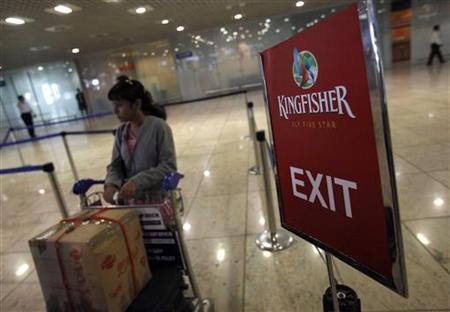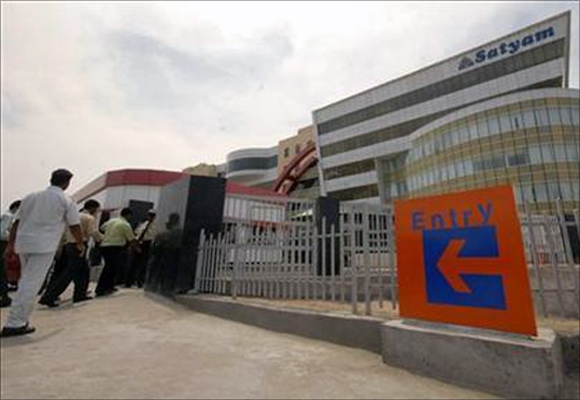 | « Back to article | Print this article |
Lessons for investors from the Satyam scam
Get worried when a company proposes something unusual and exit if you are not sure.
The signs of the Satyam scam should have come almost three weeks before, Ramalinga Raju proposed to buy a controlling stake in sister concern Maytas for Rs 7,000 crore (Rs 70 billion).
When institutional investors opposed vehemently, the company decided to go against it. Three weeks later on January 7, Raju confessed to ‘cooking’ Satyam’s books.
Within the next few days, the share price crashed to almost Rs 10, causing losses of Rs 5,000 crore to almost 300,000 investors.
Click NEXT to read more...
Lessons for investors from the Satyam scam
In the past five years, a number of companies have been suspended or fallen into bad times, with Pyramid Saimira, Deccan Chronicle and Kingfisher Airlines are some of the more prominent examples.
Usually, in such situations, individual investors get caught on the wrong side even if they have invested in such stocks through mutual funds.
Click NEXT to read more...
Lessons for investors from the Satyam scam
Sample this: When Satyam declared it was withdrawing the proposal to buy a controlling stake in Maytas, many brokerages were quick to recommend a buy on the stock. If institutional investors can get it wrong, there is little retail investors can do.
The best they can do is to consistently keep an eye on their investments.
Therefore, Shriram Subramanian, founder and managing director of InGovern Research, says it is always better to exit a scrip at the first signs of trouble or if things are not seemingly well. Also, if things seem too good to be true, it’s time to turn suspicious.
Click NEXT to read more...
Lessons for investors from the Satyam scam
Similarly, be alerted when institutional investors reduce their holding in a stock.
Typically, institutional investors and promoters are the first to know if something good or bad is happening in a company. Hence, experts believe investors should be cautious when these two entities sell stake.
The other important aspect to keep an eye on is debt on a company’s books and the percentage of promoter stake pledged.
Click NEXT to read more...
Lessons for investors from the Satyam scam
Take Kingfisher Airlines and Deccan Chronicle. The total debt on Kingfisher Airlines’ books, as on September 2013, stood at Rs 9,139.64 crore.
The promoters pledged 67.24 per cent of their stake, as on September. That is, 21.6 per cent of total equity. Deccan Chronicle promoters pledged 99.78 per cent of their stake or 32.6 per cent of the total equity.
Since April 1, 2013, the Kingfisher stock has fallen 70 per cent from Rs 14.8. Do not blindly trust an all-star board of directors.
Click NEXT to read more...
Lessons for investors from the Satyam scam
In most Indian companies – promoter-owned, MNCs, PSUs — the dominant shareholder drives the agenda and the board functions as a figurehead.
“Some 1,400 companies have been suspended so far, leaving hundreds of investors in the lurch. If one notices, one thing common across all these companies was that promoters had cut their holding sharply before the company was suspended,” says Kishor Oswal of CNI Research.
Click NEXT to read more...
Lessons for investors from the Satyam scam
Yes, some investors go for the contra call and could benefit like in the Satyam case.
Those who have been invested since January 2009 have made over 800 per cent, as the stock went up from Rs 23.75 (on January 9, 2009) to Rs 215.94 (on January 3, 2014).
But these are exceptions. “The Satyam case worked out well as the government stepped in. This isn’t the role of the government and an investor shouldn’t expect the government to always rescue failing companies,” says Subramanian.







